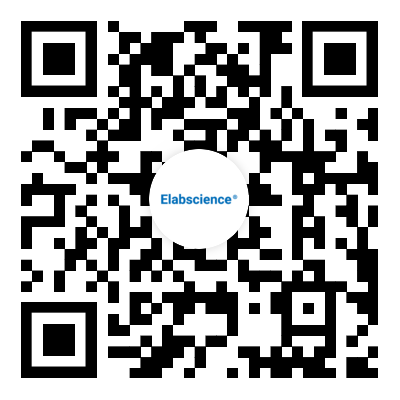Recombinant Mouse CCL4 protein(His Tag)
Price:
- 表达系统: E.coli
- 蛋白编码: P14097
- 应用性: Cell culture
| 别称 |
4-1BB;4-1BB-;4-1BB-L;4-1BBL;AI848817;Cd137;Cd137l;Ly6;Ly63l;tumor necrosis factor (ligand) superfamily;member 9;Tnfsf9
|
| 表达系统 |
E.coli
|
| 序列 |
Ala 24-Asn 92
|
| 蛋白编码 |
P14097
|
| 种属 |
Mouse
|
| 计算分子量 |
8.6 kDa
|
| 表观分子量 |
11-17 kDa
|
| 标签 |
N-His
|
| 生物活性 |
Measure by its ability to chemoattract human PBMCs using a concentration range of 20.0 - 200.0 ng/mL. Note: Results may vary from different PBMC donors.
|
| 纯度 |
> 98 % as determined by reducing SDS-PAGE.
|
| 内毒素 |
< 0.1 EU per μg of the protein as determined by the LAL method.
|
| 保存条件 |
Generally, lyophilized proteins are stable for up to 12 months when stored at -20 to -80℃. Reconstituted protein solution can be stored at 4-8℃ for 2-7 days. Aliquots of reconstituted samples are stable at < -20℃ for 3 months.
|
| 运输条件 |
This product is provided as lyophilized powder which is shipped with ice packs.
|
| 制剂 |
Lyophilized from sterile PBS, pH 7.4.
Normally 5 % - 8 % trehalose, mannitol and 0.01% Tween80 are added as protectants before lyophilization. Please refer to the specific buffer information in the printed manual. |
| 复溶方法 |
Please refer to the printed manual for detailed information.
|
| 背景 |
CCL4 (C-C chemokine ligand 4), is a macrophage inflammatory protein with a chief effect in inflammation and immune-regulation, and was documented in cancer progression by promoting instability in the tumor environment. The inflammatory chemokine (C-C motif) ligand 4 (CCL4) plays an important role in the pathogenesis and progression of cancer. In particular, higher serum CCL4 levels in patients with oral squamous cell carcinoma (OSCC) are associated with a more advanced stage of disease. CCL4 may be a new molecular therapeutic target for inhibition of lymphangiogenesis and metastasis in OSCC. CCL3 and CCL4 loci may be marker SNPs for risk of HCV treatment outcome. CCL4 can enhance the recruitment of preosteoclasts to bone in the early stage, and the reduction of CCR5 promotes osteoclastogenesis when RANKL is prevalent.
|
实验操作视频
新品推荐
Recombinant Human IL-6 Protein (Fc Tag)
Recombinant Mouse BCR protein (His tag)
Recombinant Mouse IL6 protein(His tag)
Recombinant Rat IL2/IL-2/Interleukin-2 protein (His tag)
Recombinant SARS-CoV-2 Nucleocapsid Protein (His Tag)
Recombinant Human Fyn protein(His tag)
Recombinant Mouse CD96/TACTILE protein (His tag)










